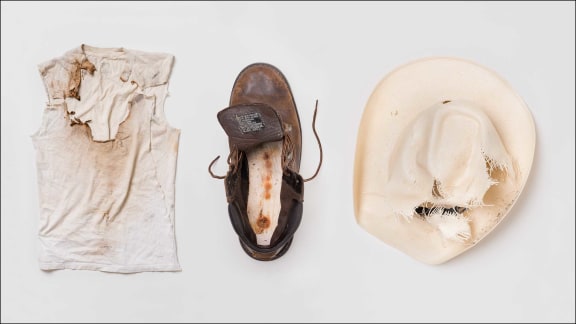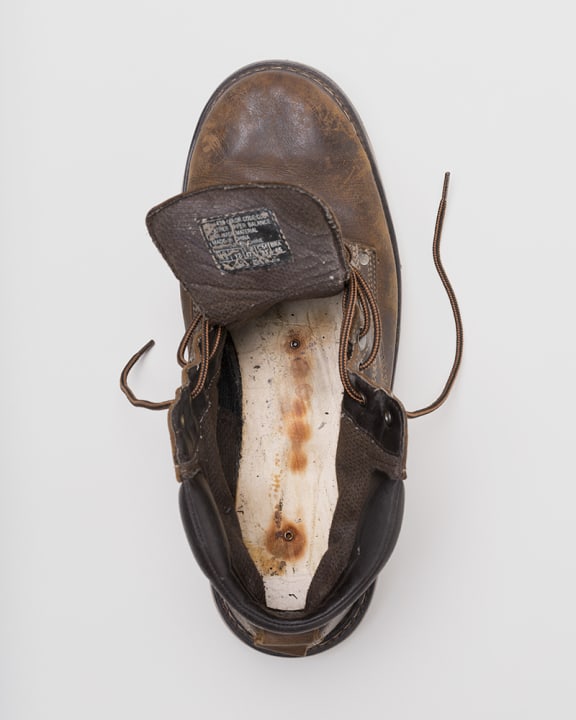This Way Up for Saturday 28 October 2017
This Way Up for Saturday 28 October 2017
Do filters make smoking more deadly? Precision gene editing: a new approach, lightning strike survivors, and Facebook's feed furore.
Do filters make smoking more deadly?
"Without filters, the number of lethal lung cancers may be reduced, more smokers would quit because of the harsh taste, and fewer young people would start smoking." Kathryn Barnsley in The Conversation.
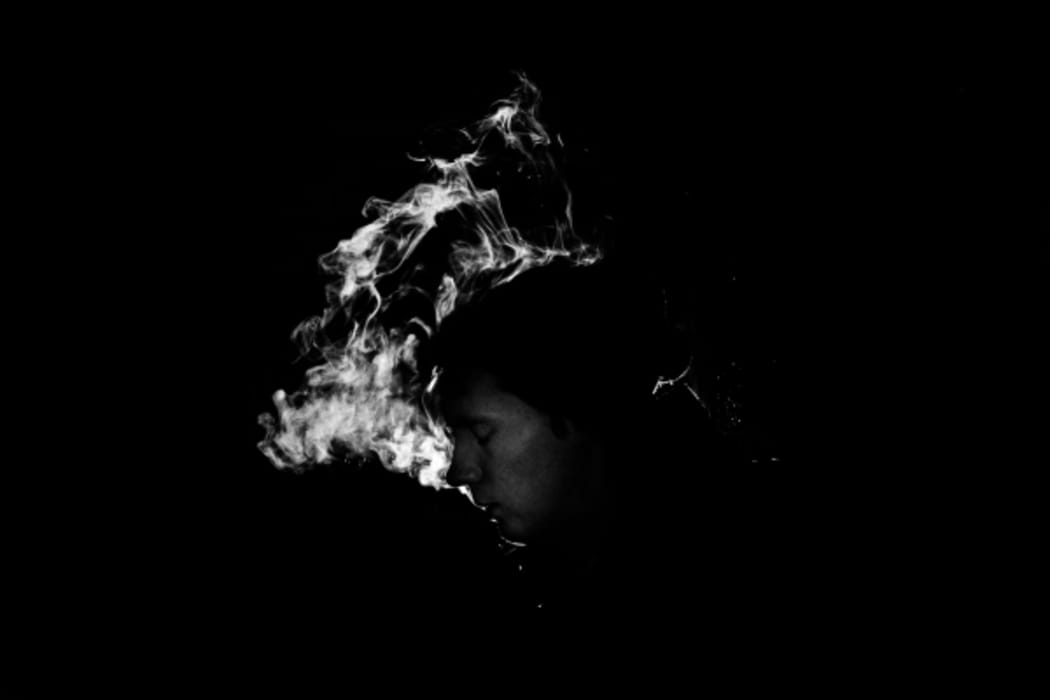
Smoking backlit Photo: (Dmitry Ermakov via unsplash.com)
Everybody knows that smoking can kill you.
But could filtered cigarettes, touted and sold to us by the tobacco industry since the 1960s as a safer way to smoke, and still believed by many smokers to make their habit less dangerous, actually be making smoking even more deadly?
The problem is that cigarette filters, especially the vented ones that make up the majority of filters sold in Australia and New Zealand today, encourage smokers to inhale more deeply to get the same nicotine hit, and they also reduce the harsh feeling in the throat caused when you inhale tobacco.
So smoking with filters is being linked to the development of some of the most deadly and aggressive cancers.
That's without even mentioning the environmental issues caused by many millions of cigarette butts ending up in our landfills and waterways every year.
Kathryn Barnsley of the University of Tasmania's been reviewing the evidence for The Conversation.
Precision gene editing: a new approach
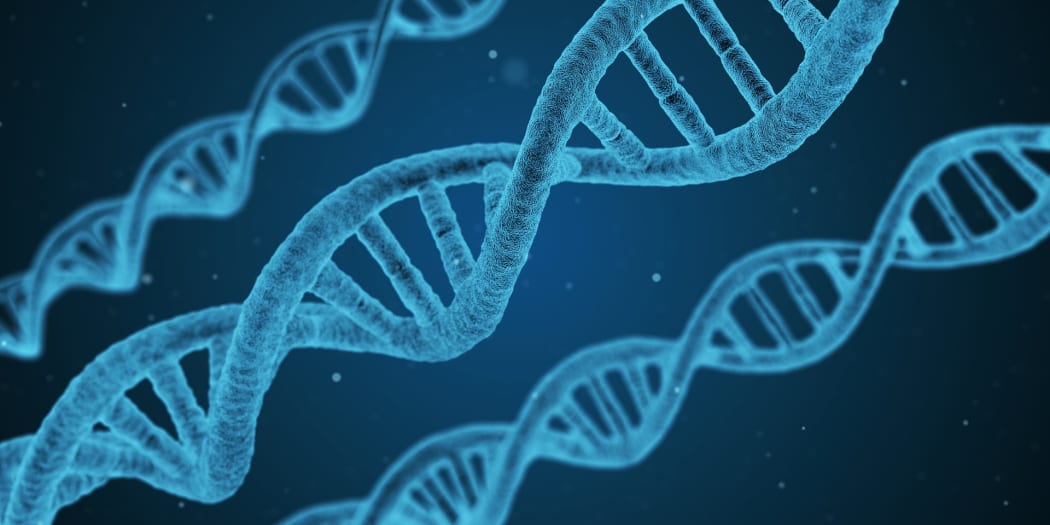
Photo: Creative commons
There's a revolution going on the world of genetic research; it's called CRISPR gene editing.
It's a biological system used by bacteria for billions of years that allows them to remember, recognise and then get rid of viral infections: it's part of their immune response. Simply put, when a bacteria is attacked by a virus, it identifies it as an enemy, grabs some of its DNA, and then kills it. This snippet of DNA, a genetic mug shot, is stored in a library, so that next time the bacteria comes across the villainous virus, it does a quick search of the mug shot library, recognises it as an enemy, and kills it again.
It's this ability to recognise a sequence of DNA, and then precise target it within a genome that forms the basis of the CRISPR- Cas9 gene editing technique that's happening in labs around the world today. Four years ago scientists reported that CRISPR could be used to edit the genomes in the cells of living animals and plants, and since then there's been many applications of the CRISPR system to research ways of fighting genetic diseases, controlling pests and producing food.
CRISPR is often referred to as 'molecular scissors' - like a genetic find and replace editing system for a sequence of DNA. But the majority of genetic diseases happen when just one base pair is defective and there's an error.
Professor David Liu is a chemical biologist at Harvard University and he's developed a way to target and edit one base pair on a human genome. The technique David's working on is called 'base pair editing', it has the potential to make gene editing even more precise, and he's published a paper about it in the journal Nature this week.
Lightning strikes and how to survive them
"Of every ten people hit by lightning, nine will survive to tell the tale. But they could suffer a variety of short- and long-term effects. The list is lengthy and daunting: cardiac arrest, confusion, seizures, dizziness, muscle aches, deafness, headaches, memory deficits, distractibility, personality changes and chronic pain, among others."- Charlotte Huff in Mosaic
Lightning is the electro-static charge that builds up in and around clouds. This charge is looking for somewhere to go; either from one cloud to another which causes sheet lightning, or from cloud to ground (and also ground to cloud), which appears as forked lightning.
An estimated 4000 people are killed by lightning worldwide every year, but records are sketchy in places like Central Africa and Bangladesh where lightning deaths are relatively common so the actual number of fatalities could be higher.
Journalist Charlotte Huff has been speaking to some lightning survivors, and looking at the risks and dangers of these bolts from above.
"The changes in personality and mood that survivors experience, sometimes with severe bouts of depression as well, can strain families and marriages, sometimes to breaking point."- Charlotte Huff in Mosaic
We also get our fair share of lightning here in New Zealand, with about 45,000 lightning strikes hitting the ground here every year. We track down two people who had a personal experience with lightning near Nelson more than 20 years ago.
Tech news: the Facebook feed furore
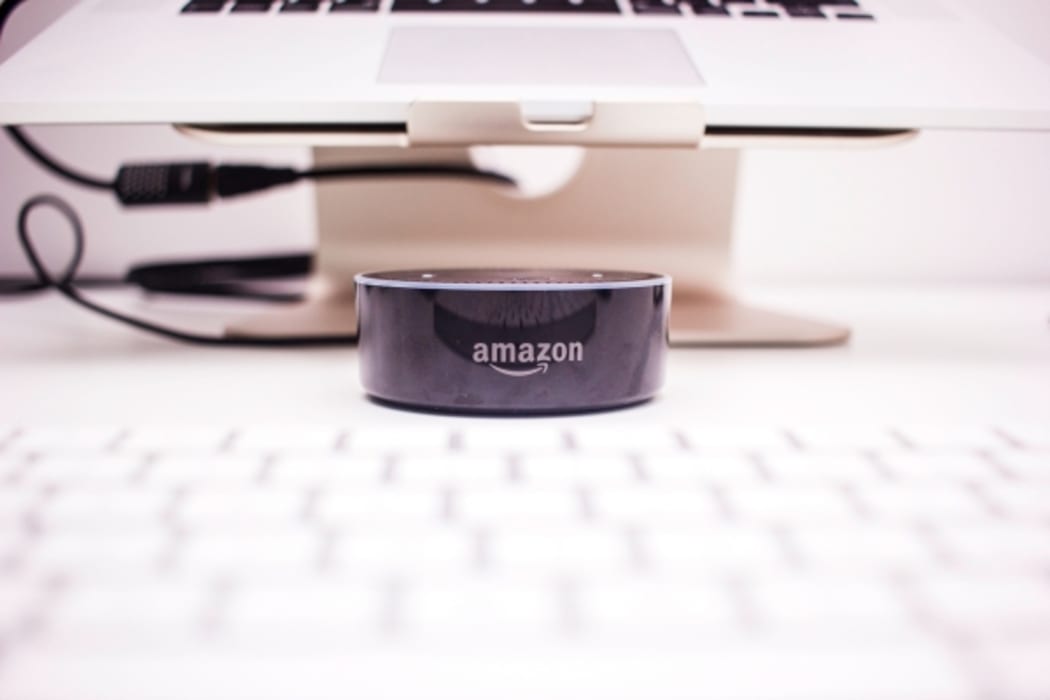
Amazon Photo: (Piotr Cichosz via unsplash.com)
Apple has purchased a New Zealand company that has developed an efficient way to move power around without wires. It could be handy for recharging all those gadgets and smartphones. After all, power cords are so 2016.
Also, Amazon's working on a way to give couriers access to your house for deliveries when you're out - what could possibly go wrong?
And Facebook runs a test in 6 countries changing how news articles are displayed in users' feeds that could put it on a collision course with some of the biggest news and media organisations on the planet.


